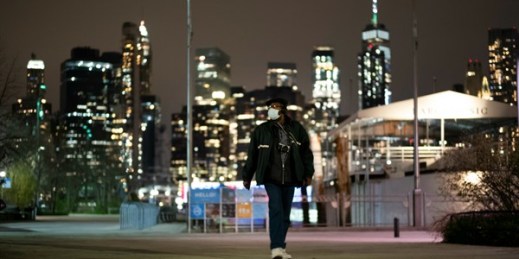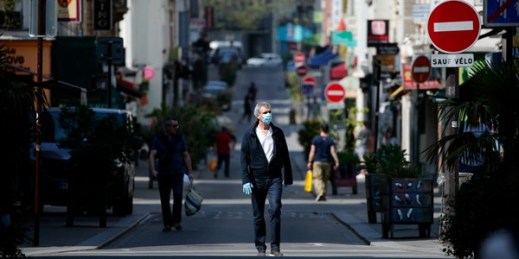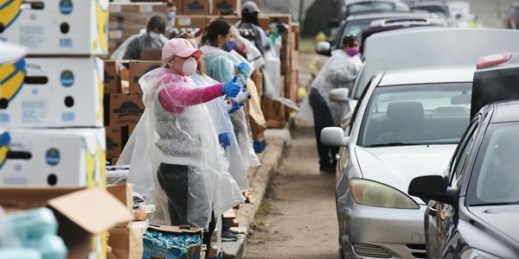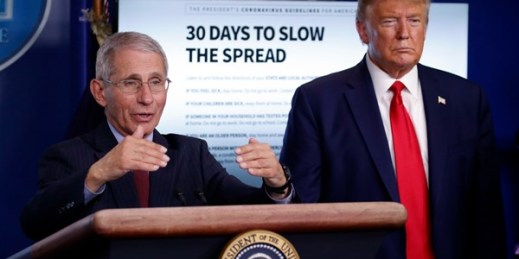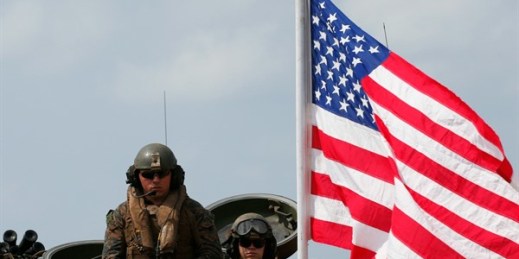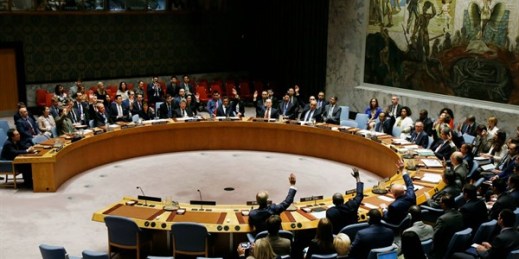
United Nations-led efforts to forge a global cease-fire are gaining momentum, as dozens of parties to conflicts around the world have joined Secretary-General Antonio Guterres’ call to lay down their arms amid the coronavirus pandemic. The U.N. Security Council is expected to vote soon on a resolution codifying the global cease-fire, although disputes among the U.S., China and Russia—all veto-wielding permanent members of the council—could still impede the process. For this week’s interview on Trend Lines, long-time U.N. watcher and WPR contributor Richard Gowan joins Elliot Waldman for a conversation about conflict resolution and peacemaking efforts amid the pandemic. Gowan […]



